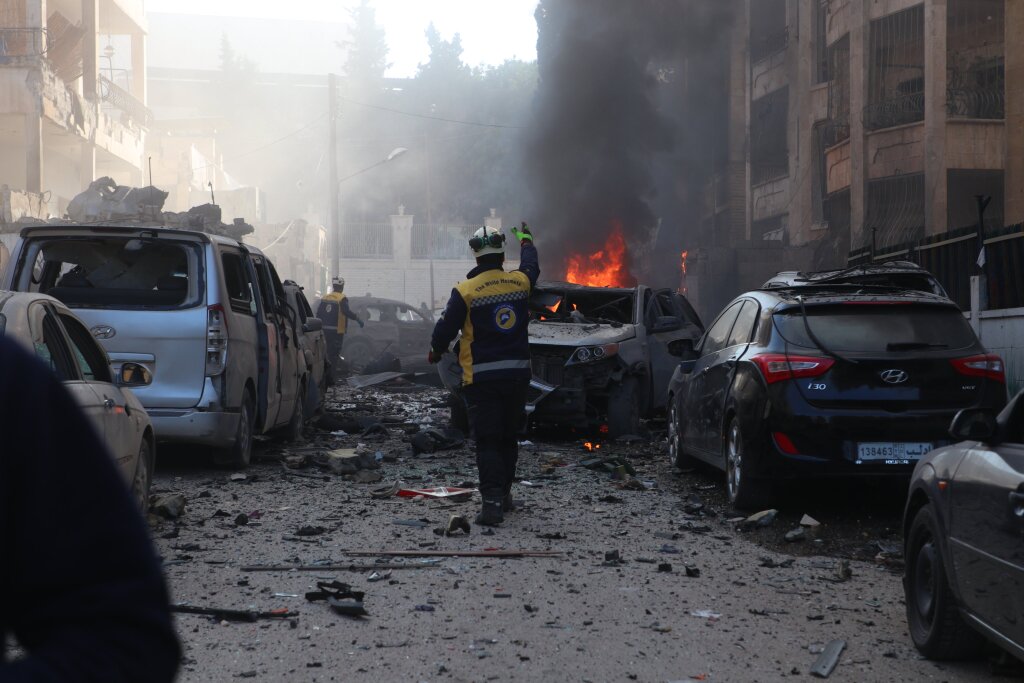Proposals explore implementing the explosive weapons declaration and better protecting civilians

In November 2023, Airwars and Article 36 co-convened a workshop to explore military perspectives on the opportunities and challenges arising in the implementation of the Political Declaration on Strengthening the Protection of Civilians from the Humanitarian Consequences Arising from the Use of Explosive Weapons in Populated Areas.
In the workshop report, we summarise the discussions held and challenges identified during the two-day workshop. We draw on these lessons, and our wider work on EWIPA, to make recommendations to states and militaries working to implement the declaration, and civil society organisations focused on supporting this process.
The workshop focused on exploring operational policies and practice regarding the use of explosive weapons during military operations in populated areas, with reference to the Declaration. Using a scenario-based approach, the workshop aimed to identify, and raise awareness of, changes to policies and practices that are necessary for the effective implementation of the operational provisions of the Declaration, ahead of the first official follow-up meeting of states and civil society which will be held in Oslo next week.
Participants in the workshop included active and retired members of national armed forces and defence ministry officials from 8 Western states, as well as participants from NATO, the International Committee of the Red Cross (ICRC), and civil society organisations.
Key findings
A summary of the key recommendations and good practices outlined during the workshop are summarised below:
The full workshop report can be found here.